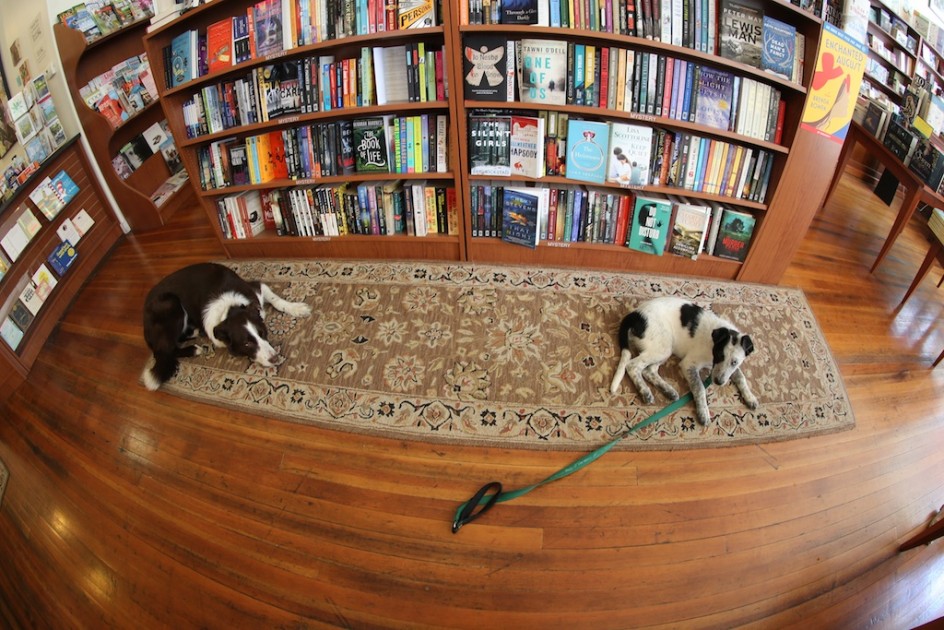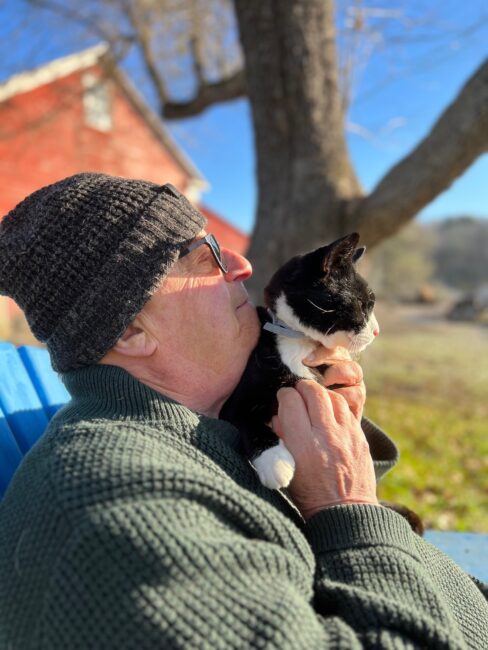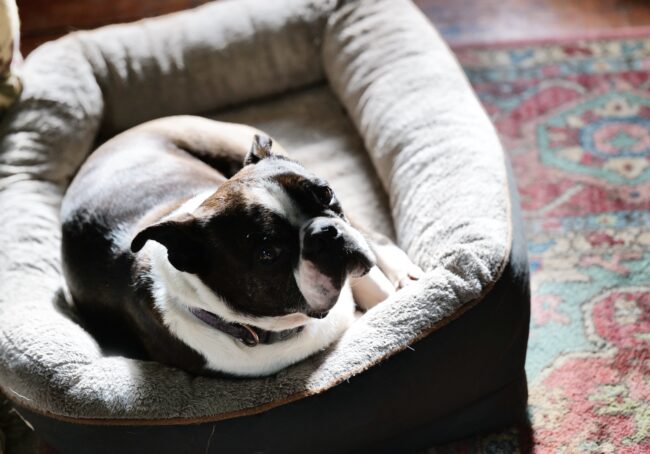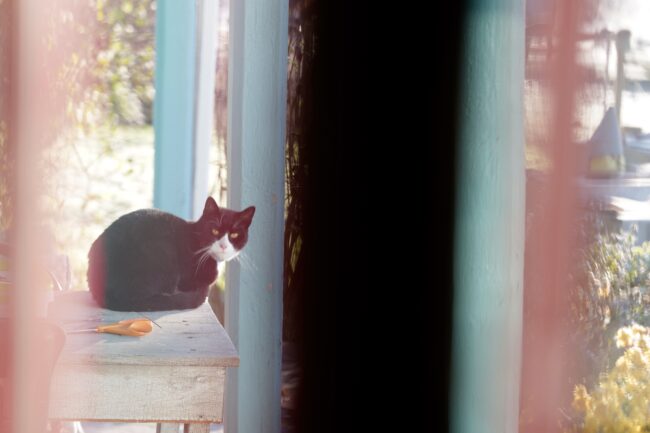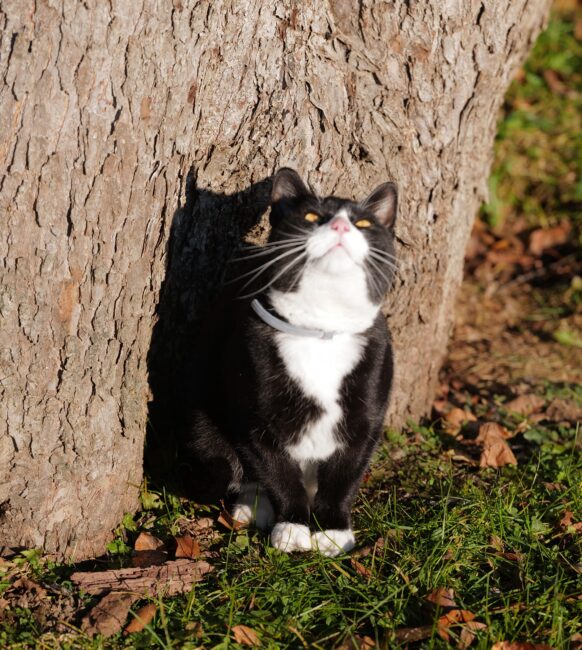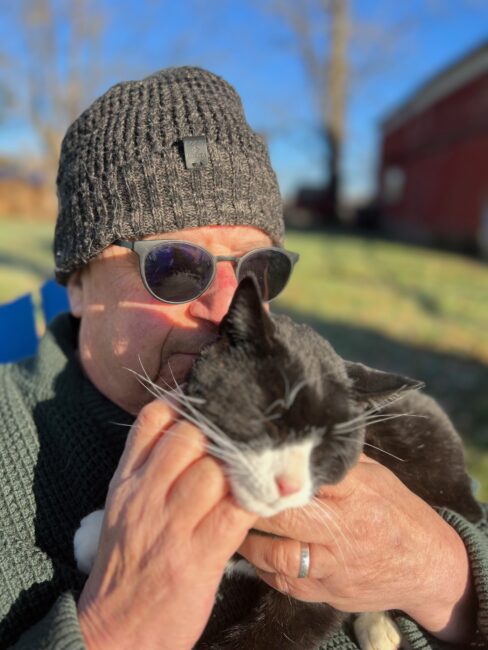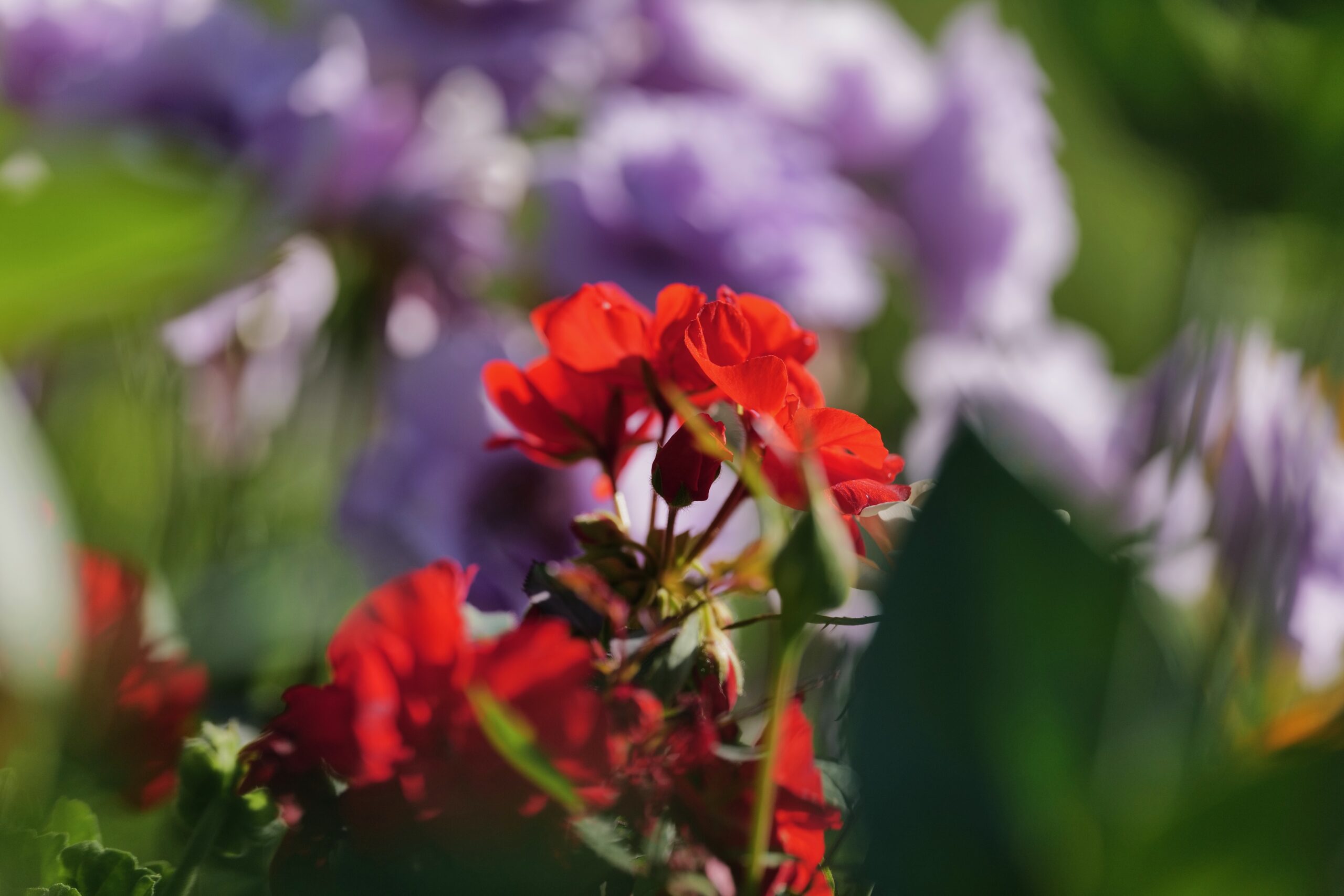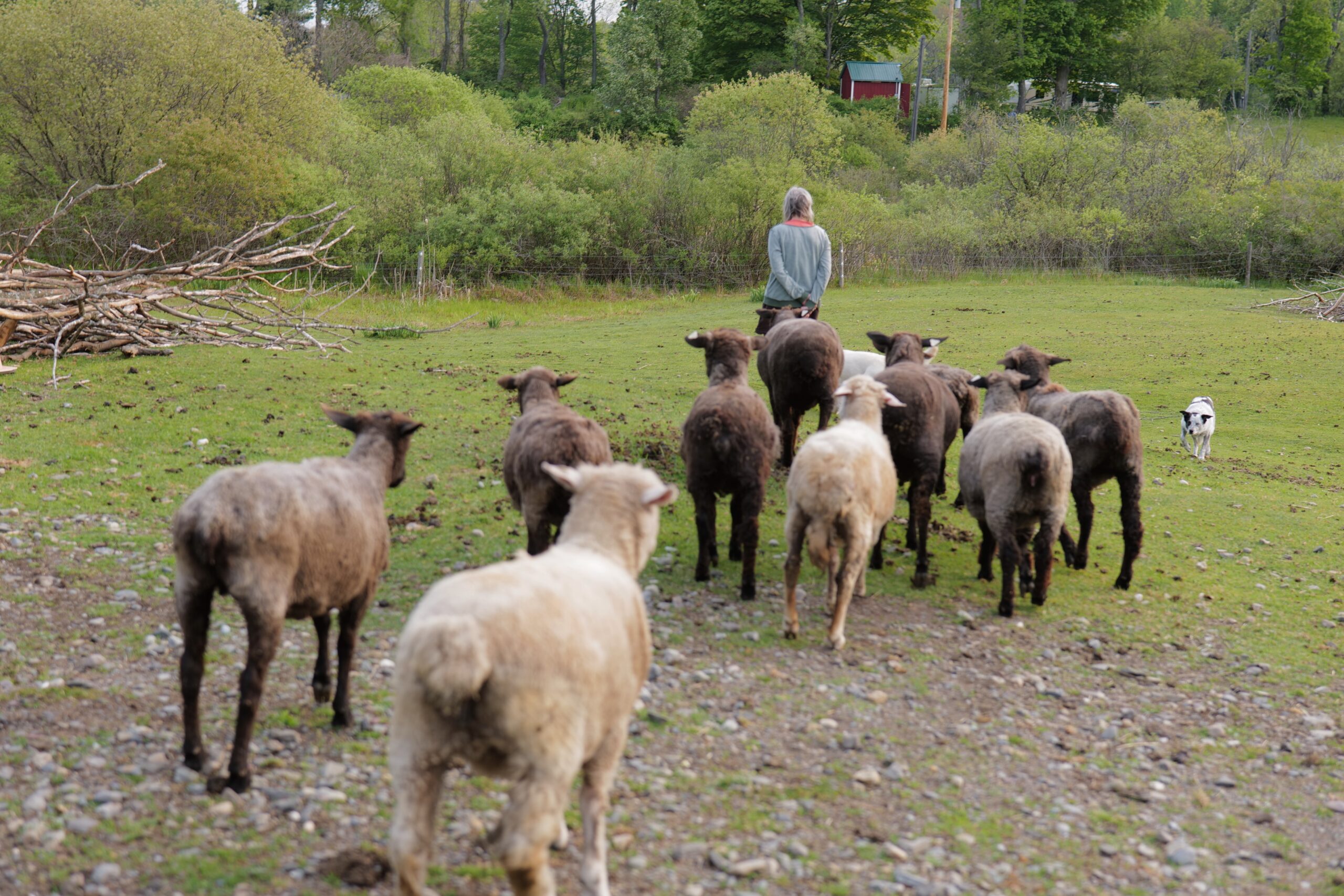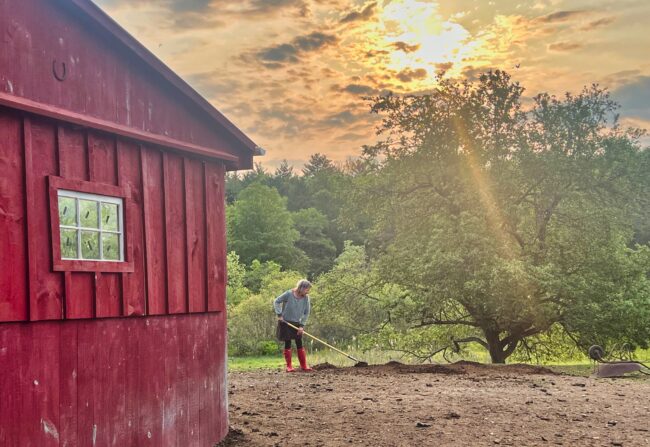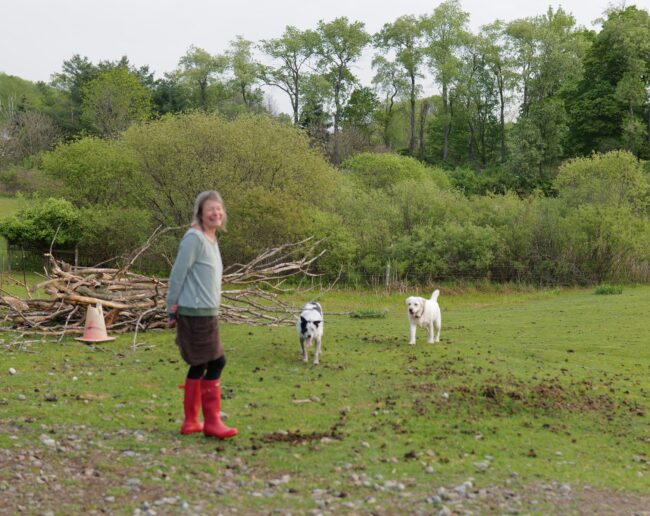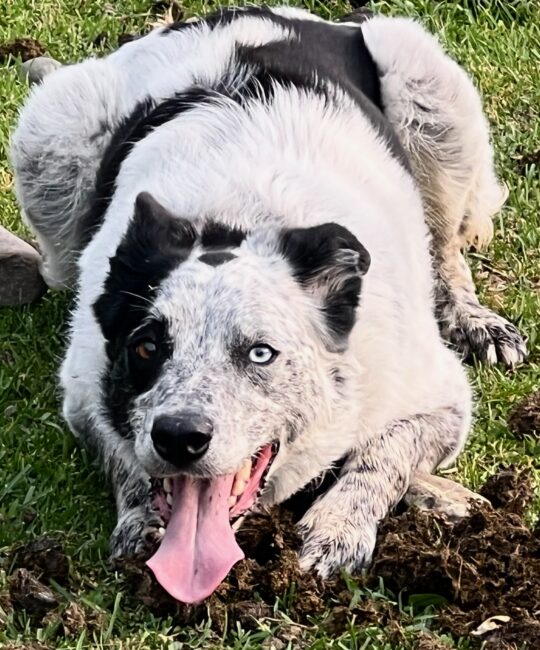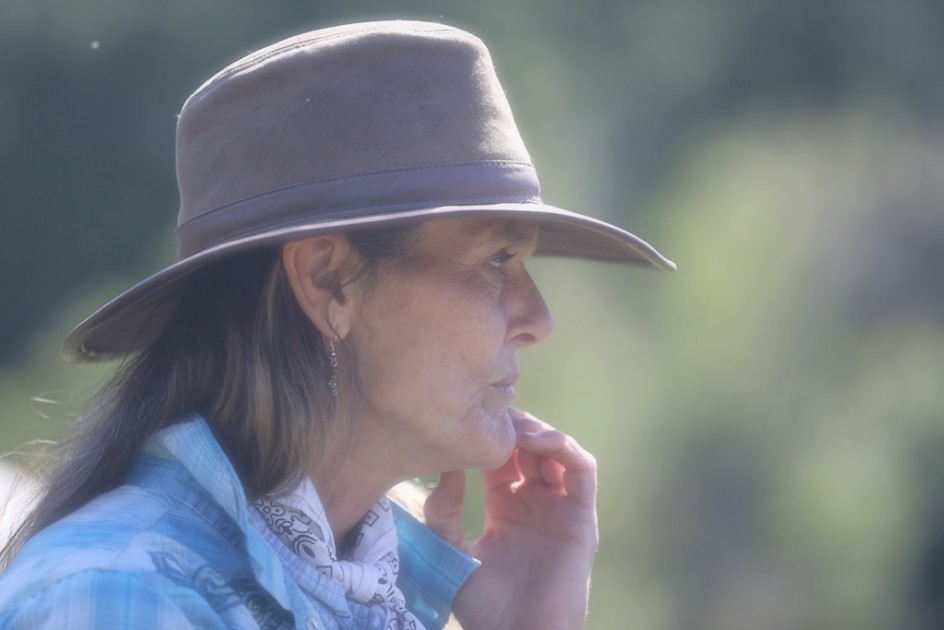
As a photographer as well as a writer, I am drawn to portraits of Pamela Rickenbach. I don’t know anyone like her. She is a remarkable person, compelling both in images and words. She was raised in poverty and danger in Latin America, worked as a carriage driver in Philadelphia, her faith is in the Native-America culture, which is a focal point and grounding point of her life.
There are other things to which she is absolutely – even fearsomely – dedicated – the Horse Nation and the horses living under her care, the young people who flock to the farm in search of an ethical and loving life in an often greedy, angry and violent world.
Pamela is intensely bright, iron-willed, intuitive. The most amazing ideas, memories, stories, wisdoms and teachings are apt to erupt from her at any time. She is always close to laughter, the spirit in her is strong, even as it bleeds. In the upside-down morality of the animal world, and despite her having saved countless animal lives, she has long been the target of vicious and unfathomable attacks by people who call themselves supporters of animal rights but do not believe animals should ever have the right to work.
I told her once that from the Inquisition to the Salem Witch Trials, that has always been the danger facing strong women – they just seem to scare the wits out of weak people, they threaten a system of being for so many men and women. She responded by quoting various Inca medicine men, I cannot even pronounce their names.
The philosophers say we are defined by our troubles, by our tragedies and losses, and so this is a defining time for Pamela, a crossroads, the greatest challenge yet in a lifetime of challenges. I heard some people say after the death of Paul, her husband, that without her very grounded partner, it will be difficult for Pamela to keep Blue Star, her beloved draft horse rescue and retirement and farming center going. She has a head for horses, they say, but not for money, for the harsh realities of doing good in modern America.
So Pamela symbolizes yet another important thing, as well as the true needs and rights of animals – the rise of the strong woman, left on her own to do that many people used to think only men could do. This is Pamela’s enduring mark on the world, her life is about doing things that other people cannot do and would not do.
The world would be a better place if Washington politicians and cable news commentators came to Blue Star to sit in Pamela’s kitchen, and watch her struggle, her courage, her great sense of humanity, her love of animals. To hang out in the barn, meet the horses, see the people who have assembled there, to learn how to treat other human beings with respect and compassion, to help people. Pamela is own her own for now, she is already drawing good people to her, she is looking honestly and painfully at the truth of her life, and of parts of Paul’s life. While many would wallow in self-pity and sorrow, Pamela says she must get to work, she must never let the horses and the young people down.
We have work to do, she says.
The therapists might gasp at this hard way of grieving, but Pamela lives in the defiant face of so much conventional wisdom – about animals, people, peace, Native-American culture, mysticism, truth and the future. This is not something new for her, really, just something immensely painful and sad. She has already done the impossible in her life, just look around her, so when I think of her, I think she will simply move on and do more that is impossible. That is the gift of the chosen few.
Pamela is a strong person, she has a strong and clear sense of how things ought to be done. There are lots of people who struggle with strong women, they make so many people uncomfortable, it is so easy to patronize and underestimate them, it is not always easy to be with them or live with them. I think misjudging them is always always a mistake.
Pamela has a fierce sense of what the right thing is for, and it happens to be what I think the right thing is for me and for the world. But the right things are often alien and fragile values in a time where ethics and empathy succumb to power and money and rage. In our culture, we dehumanize and demonize the mystics, we marginalize them and push them to the edges.
But the world is at a crossroads now, the young people are not flocking to Washington for answers, they are coming to Blue Star. Pamela is a prophet in many ways, I appreciate her. I do not know how close one can ever get to the fire mystics and prophets, she calls me brother and I call her sister. Yesterday, I sat in the farmhouse kitchen with Pamela, and listened to her story of the past few days, her shock and pain, her honesty and insight, I heard that she has turned to her friends, the Native-American healers and guides for healing, she is moving forward.
She is on a mission, they have called her back to it.
Paul was a balance, a grounding center for her, as he was for other people. You could see how well suited they were to one another, even as they functioned at opposite ends of the emotional spectrum, or so it seemed. I will see him again, she told me, and soon. Right now, we are a little bit mad at one another, she said. And then, the smile, always there, always close.
Pamela’s face is etched with the lines of sadness and character, there is a cloud of loving people swirling around her, helping her, supporting her, lifting her up. She loves them, draws from them, each lifting the others up in the dark days.
All of this in her face, I think, there is always truth and feeling there, it is impossible not to love her for it, even as I shake my head in wonder at her world. And this is what I felt, sitting in Pamela’s kitchen. Everywhere, the strong woman are rising. Sorrow and tragedy work like that. They can kill you or bring you to life. This is what I see through my lens.
___
You can learn more about her for yourself here. You can also join the auction to buy a beautiful blue shawl to benefit Blue Star Equiculture from the artist Suzy Fatzinger. It’s up to nearly $400.

